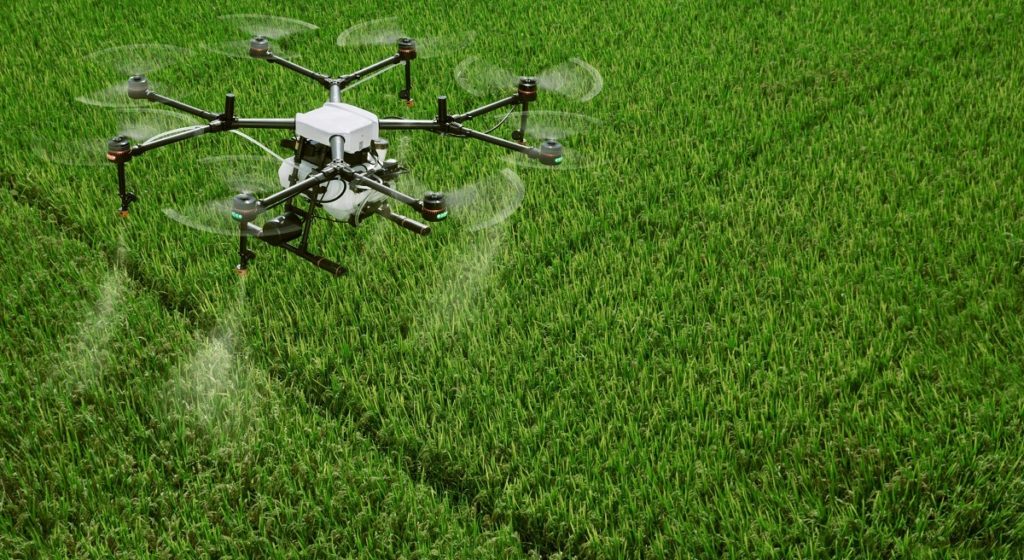According to calculations made by the Belgian Federal government, EU-level targets to reduce the use of chemical pesticides pesticides by 50% by 2030 would mean that Belgium would have to reduce its own pesticide use by 58%, according to Belgian newspaper L’Écho.
A recent study conducted by the Pesticide Action Network Europe (PAN) concluded that Belgium currently has the highest percentage of fruit and vegetables contaminated with toxic pesticides, some of which cause a range of chronic diseases. As a result, groundwater bodies in Wallonia are extremely polluted by the chemicals, which ultimately end up in local drinking water.
In order to cut the use of these chemicals, in a bid to protect the environment from pollution, Belgium will have to cut its use by 58% in the course of the next eight years. Despite having some of the most pesticide-contaminated foods in Europe, the goals set for Belgium are significantly less radical than in other EU states.
An unofficial list of national pesticide reduction targets for member states drafted by the commission, viewed by Politico, states that Italy will need to reduce its own pesticide use by 62%, Germany 55%, and Spain and France by 54%.
Unpopular proposals
According to Politico, EU officials are already bracing for blowback from farmers and national governments over the ambitious binding targets, which cause radical changes to the way we grow our food in Europe.
Some pharmaceutical companies, such as German multinational Bayer, have been lobbying against the switch away from pesticides, stating that pesticides, such as Glyphosate, are “safe” and when used correctly, should lead to “no need for concern about their use.”
The proposed regulation which intends to slash Europe’s pesticide use is still under negotiation between European legislators. These negotiations are likely to be lengthy, as EU Member States have already sharply criticised the plans.
Related News
In Belgium, the targets have also been met with suspicion and disdain. Belgium’s Federal Agriculture Minister David Clarinval has previously expressed his reservations about the mesures, while Federal Environment Minister Zakia Khattabi has stated that the measure did not respect government agreements.
“We have big problems with these calculation methods: they are completely arbitrary indicators,” Marteen Trybou, director of the Plant Protection Products and Fertilisers Department of the Federal government, told L’Écho.
The EU wants European farmers to start using pesticides that include natural biological active substances, including micro-organisms such as certain bacteria, fungi, viruses, and protozoa. To this end, the commission is providing €10 million in subsidies towards these novel plant protection treatments and encouraging nations to approve their use as quickly as possible.
Trybou fears that, in the current absence of any viable alternatives to pesticides, some growers may resort to pesticides that could be more harmful to human health. The reduction may also cause problems for Belgium’s agriculture industry, making it less competitive compared to imports.

